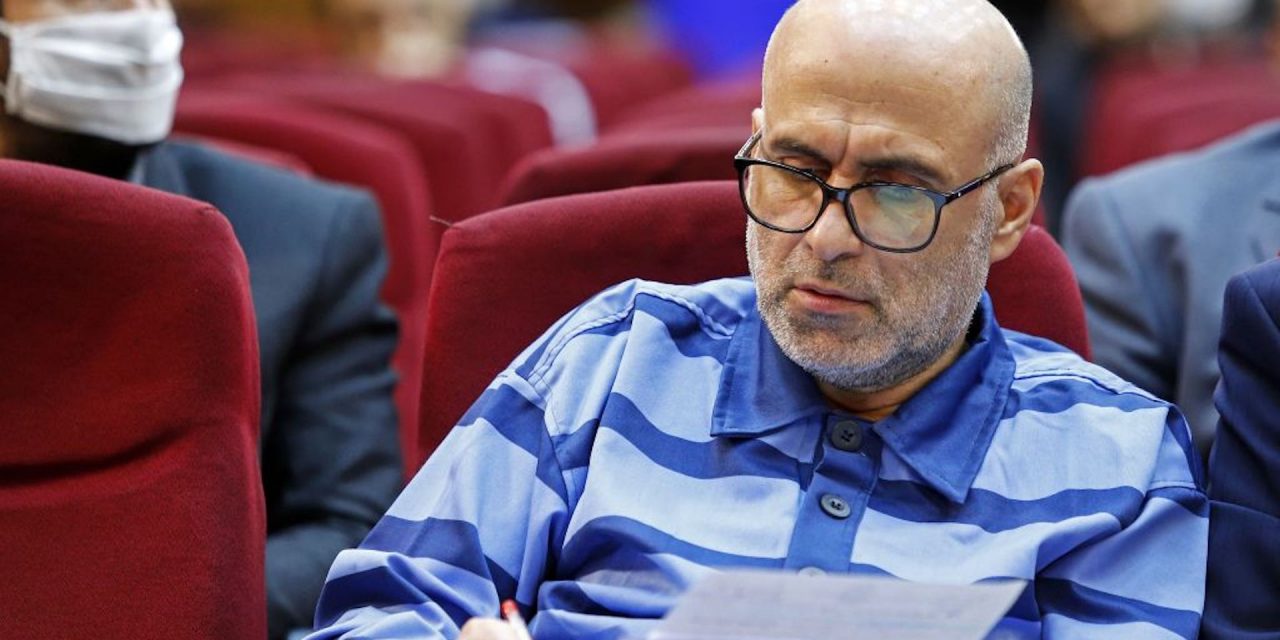14 September 2020
Bijan Qassemzadeh Sangroudi, a former investigative judge with the Tehran prosecutor’s office, was sentenced to ten years in prison, dismissal from government service, confiscation of properties obtained through bribery, and payment of a fine. Qassemzadeh came to be noted for blocking the Telegram instant messaging service on on 10 May 2017. At that time this messaging service had more than fifty million users in Iran, and 60% of the country’s Internet’s bandwidth was spent on using this app. Finally, Telegram became available again on December 23, 2017. During the period of blockage Iranians did not migrate to alternative services, such as the foreign WhatsApp or the domestic Soroush messenger, but resorted to Internet censorship circumvention, according to BBC.
Qasemzadeh’s name was mentioned in the high-profile legal case related to financial corruption and bribery, led by the former deputy of the Islamic Republic’s judiciary, Akbar Tabari.
Akbar Tabari received a jail term of 31 years after being convicted of operating a bribery network. Tabari’s case opened in June alongside 21 other defendants. The criminal court ordered Tabari to pay $1.65 million in fines. It also ordered the seizure of illegally acquired properties. He was found guilty of money laundering for which he was sentenced 12 years in prison. A fine of $2.3 million was imposed on him. The court also ordered confiscation of four apartments, two business venues and five plots of land in Tehran.
In March last year, Iran’s supreme leader Ayatollah Ali Khamenei appointed Ebrahim Raisi, a religious conservative, as chief of judiciary and called on him to work against corruption. Within eight days of taking office Raisi sacked Tabari.
Another judge, Gholamreza Mansouri, 52, had fled Iran last year, for fear of being charged for corruption. First he went to Germany and then to Romania. He plunged from a top floor of his hotel in Bucharest with his death considered to be a suicide.
Critics of Khamenei say that holding Akbar Tabari to account was a desperate attempt by Khamenei to deflect attention away from his corruption. Khamenei controls huge financial institutions and has a financial empire in Iran.















